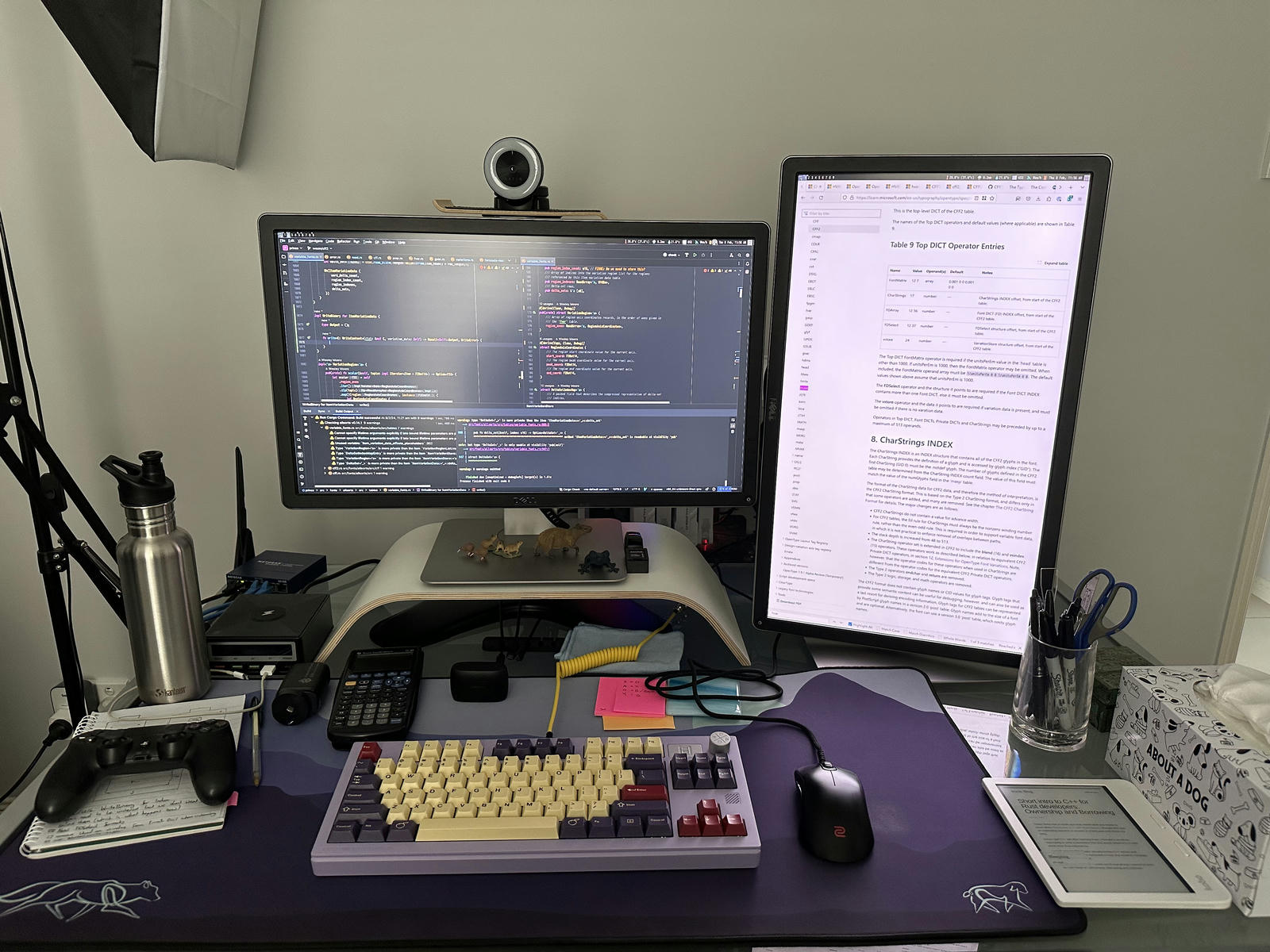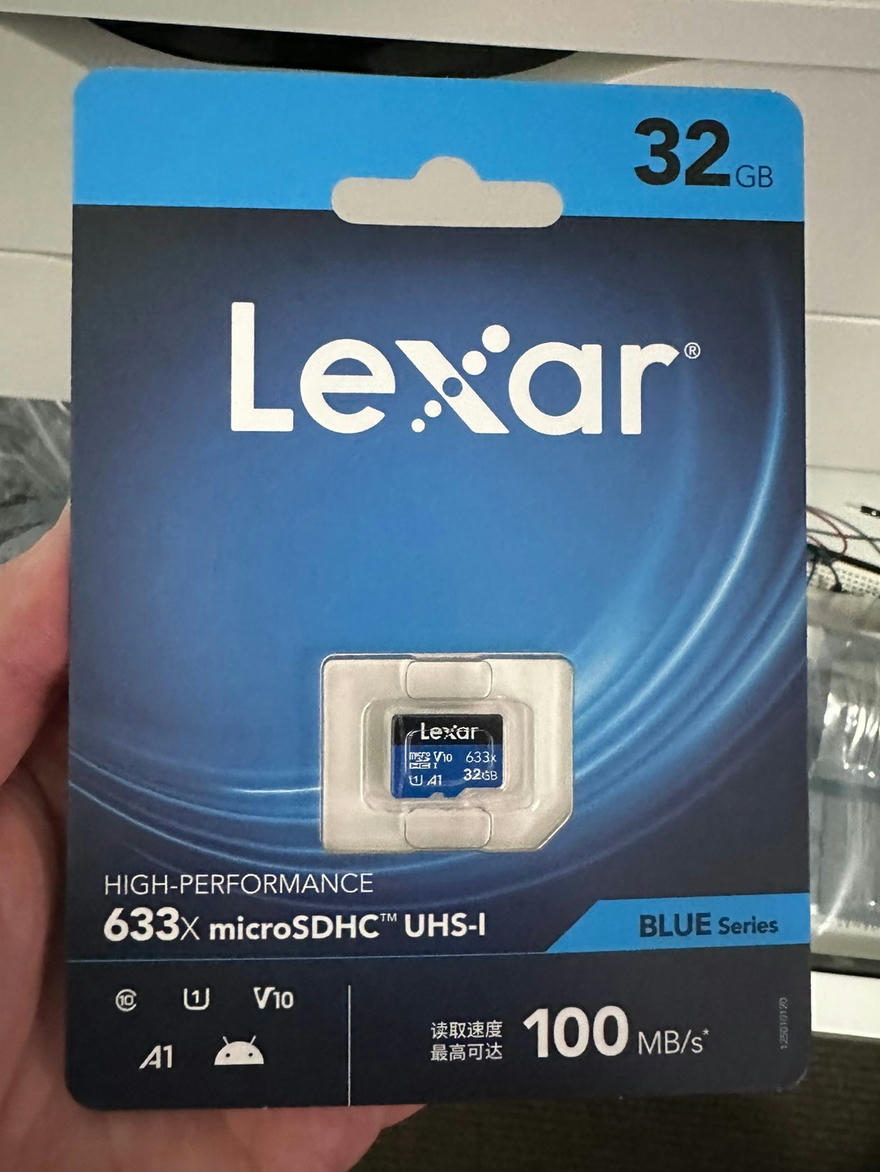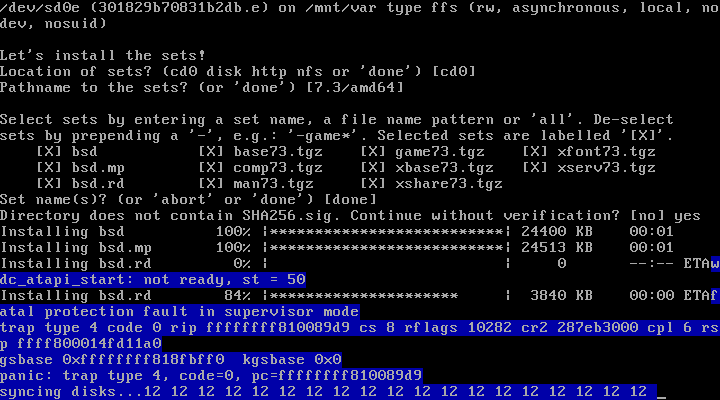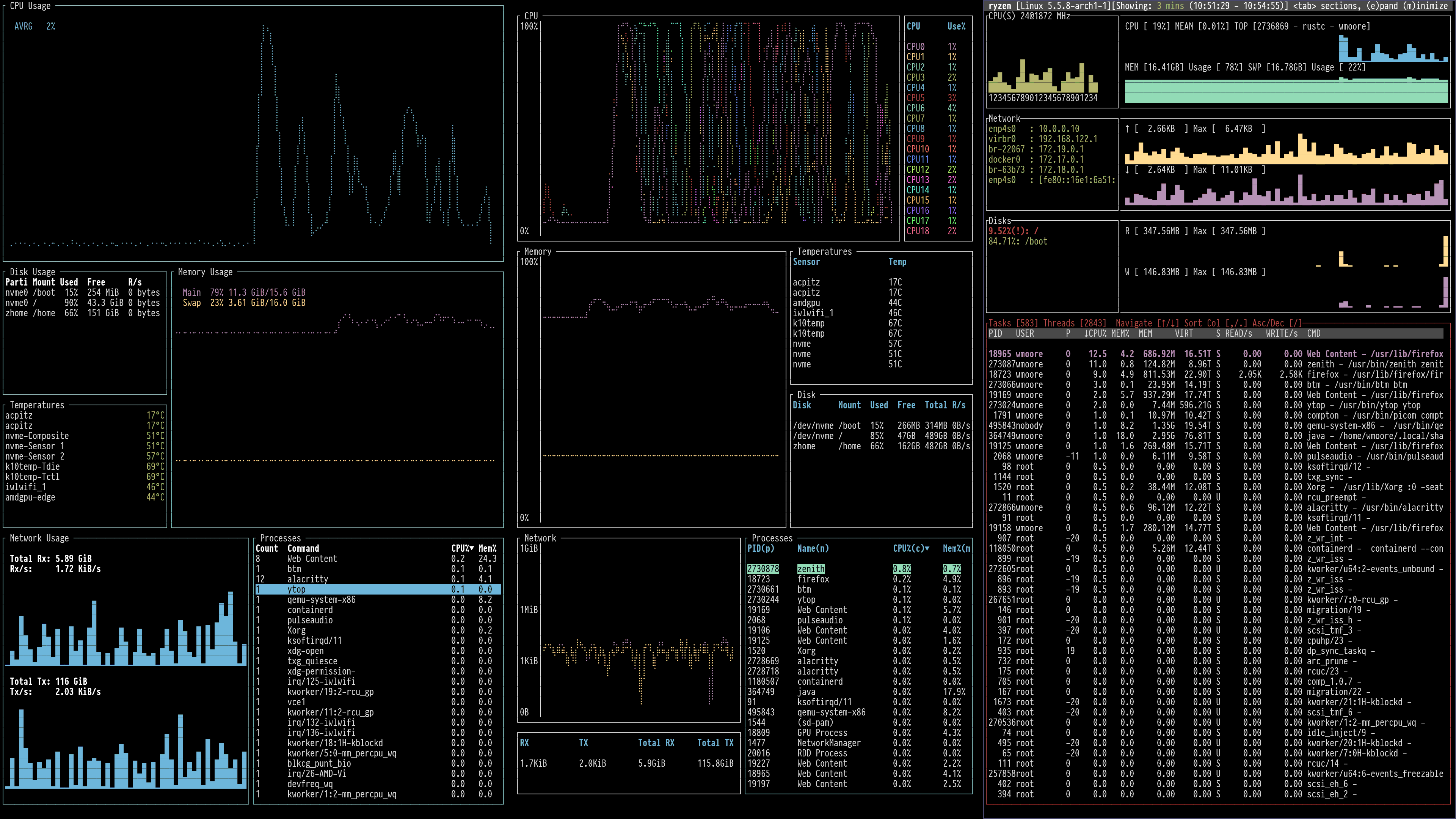I use Chimera Linux as the primary OS on my laptop (as opposed to my desktop,
which is still running Arch Linux for now). Chimera was created in 2021 and
reached alpha status in June 2023. Chimera was built from scratch and as the
name suggests it comprised of a motley crew of components:
The project and its development is proving very useful to me for seeing how a
Linux distribution is built and evolved over time. Watching it progress (and
helping a little by maintaining some packages) has helped expose
some lesser known (to me) components that make up a typical Linux system, and
their role.
Recently systemd-sysusers was introduced. Some folks might find this
surprising as Chimera does not use systemd for the role of pid 1/init. As
mentioned above it uses Dinit for this. Some standalone parts of systemd are
used though. Currently:
udevsystemd-tmpfiles- and now,
systemd-sysusers
I had not encountered systemd-sysusers previously (even though it’s probably
used on the systemd based distros I’ve used before), so I thought I’d jot down
what I learned about it and how it’s used (at the time of writing) in Chimera.





